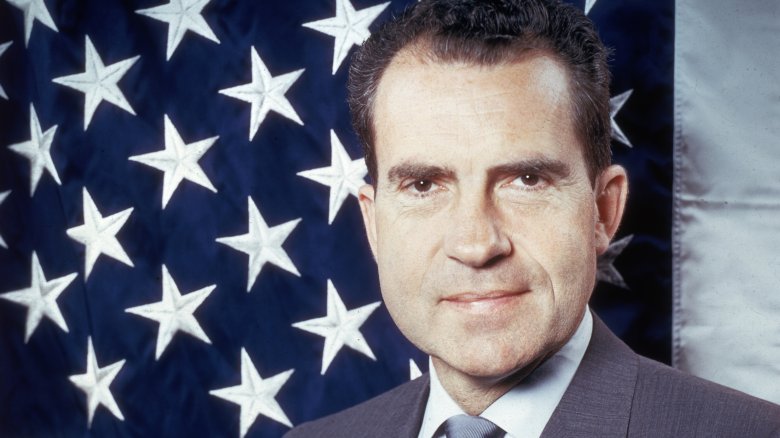National Nurses Week: 5 Facts You May Not Know
May 6-12 is National Nurses Week in the U.S. If you've ever spent time in a doctor's office, a hospital, or any other medical establishment, you probably have a nurse to thank. Here are some facts about nurses and National Nurses Week in honor of those who make medical care a little less painful.
Nurses can get free stuff
The most important part of National Nurses Week: who's got the best freebies for nurses? It might not be a daily choice, but participating Cinnabon locations are offering a free classic cinnamon roll to any nurses who show their medical ID badges. And Cinnabon is doing this every day of National Nurses Week.
If cinnamon rolls aren't your speed, you might want to head over to Einsten Bros. Bagels on Thursday, May 11, 2017. Show your ID and pick up a free espresso bagel. Score.
Nurses are the most trusted professionals in the country
According to a regular Gallup poll, nurses have been the most trusted profession in the country for 15 consecutive years, from 2001 to 2016. In the 2016 poll, 84 percent of respondents rated nurses' honesty and ethical standards as high or very high. And that's probably a really good thing — trips to the hospital would be way more nerve-wracking if you didn't trust your nurse.
The first nurses in history
While it may not be the oldest profession, nursing is still pretty old. We know there were nurses in Ancient Greece, and one of the earliest organized forces of nurses was started up during the golden years of the Roman Empire, around 300 A.D., when a woman named Fabiola started the first public hospital. Because the practice of nursing was closely tied to the Christian religion at the time, nursing spread and flourished as Christianity did.
Misconceptions about nurses
It's easy to form misconceptions about a profession or a group of people when you aren't part of that group, and nursing is no different. Many people think of nurses are simply gofers or people who don't really know any of the medical details of what's going on in the body, but nurses handle a lot of highly specialized tasks and must complete years of medical studies to be certified.
And the work they do doesn't come cheap. Many nurses are paid pretty well and have plenty of earning potential in the span of their careers.
The history of National Nurses Week
National Nurses Week has been around in some form since the 1950s. It was first observed in 1954, but it happened during October that year to coincide with the 100th anniversary of Florence Nightingale's mission to Crimea. Twenty years later, in January 1974, the International Council of Nurses set May 12, Florence Nightingale's birthday, as a day celebrating nurses.
Just a month later, in February 1974, President Nixon was smack in the middle of being investigated by Congress (and pretty much everyone else) over various corruption charges spawned by a bumbling break-in at the Watergate Hotel. Perhaps looking for a PR win, he declared a National Nurse Week. But not even the nurses could pull his political career back from the brink.
The week was nailed down to a recurring May 6-12 format starting in 1993.





